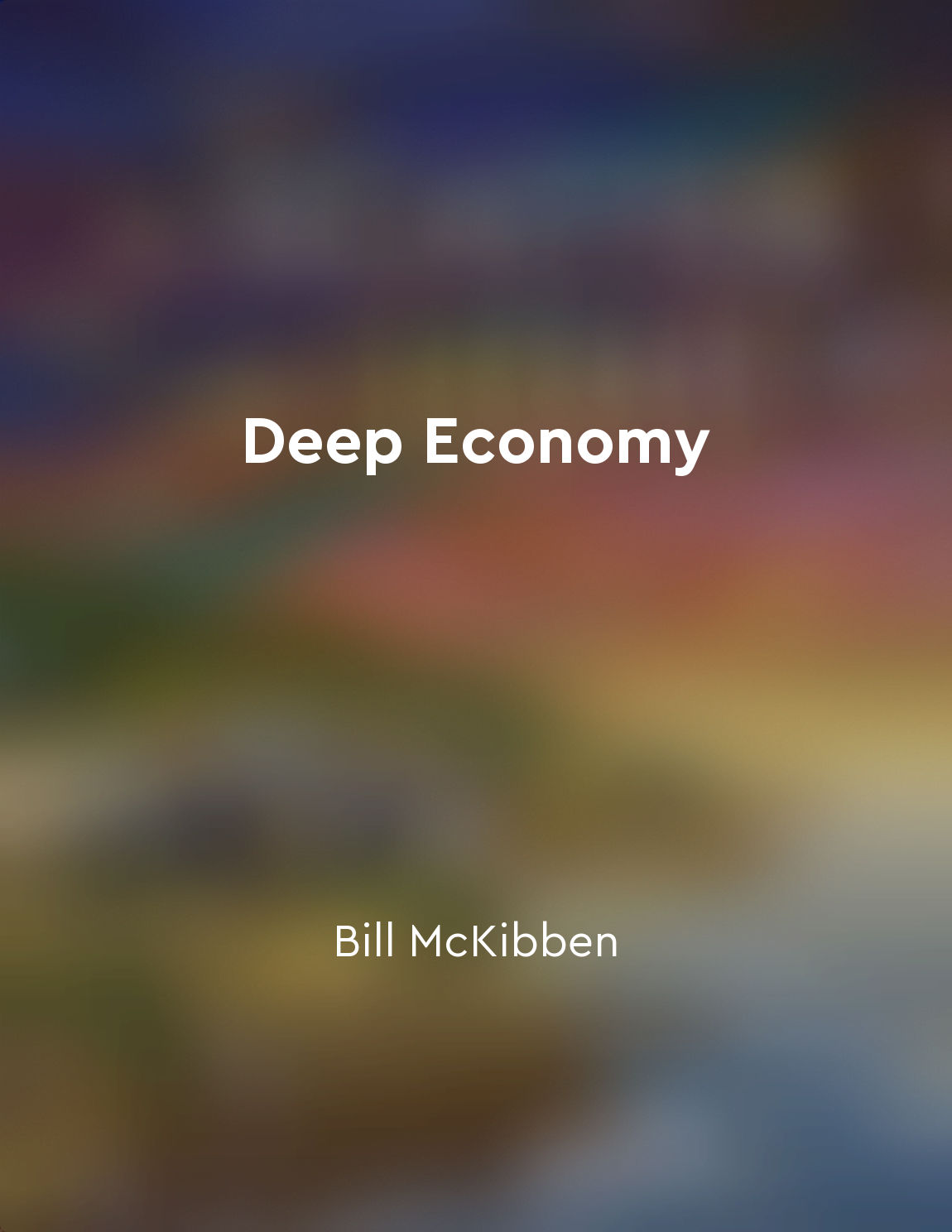Audio available in app
Be skeptical of centralized systems from "summary" of Antifragile by Nassim Nicholas Taleb
The idea of being skeptical of centralized systems is not just a theoretical concept; it has real-world implications for how we organize our societies and institutions. Centralized systems are those that concentrate power, decision-making, and control in a single authority or entity. While these systems may offer certain advantages in terms of efficiency and coordination, they also come with significant risks. One of the main arguments against centralized systems is that they lack the flexibility and adaptability of decentralized systems. Centralized systems are often characterized by top-down decision-making processes that can be slow to respond to changing conditions or new information. In contrast, decentralized systems, by their very nature, are more nimble and able to adjust quickly to new circumstances. Another problem with centralized systems is that they are more vulnerable to catastrophic failure. Because so much power and control is concentrated in a single point, a failure at that point can have far-reaching consequences. This is known as the "fragility" of centralized systems - they are more susceptible to collapse under stress or disruption. Centralized systems also tend to suffer from what is known as the "principal-agent problem." This occurs when the interests of the central authority diverge from those of the individuals or groups it is meant to serve. In such cases, the central authority may act in its own self-interest rather than in the best interest of the wider community. In contrast, decentralized systems are often more resilient and better able to withstand shocks and disruptions. By distributing power and decision-making authority across a network of individuals or entities, decentralized systems are less susceptible to catastrophic failure. They are also more likely to align the interests of the decision-makers with those of the wider community. In summary, being skeptical of centralized systems means recognizing the limitations and risks associated with concentrating power and control in a single authority. By embracing decentralized systems and structures, we can build more resilient, adaptable, and responsive societies and institutions that are better equipped to handle uncertainty and change.Similar Posts

Occupational licensing restricts entry into professions
Occupational licensing is a common practice in many professions, requiring individuals to obtain a license before they can lega...
Tyrants rely on the compliance of the people
Tyrants are able to maintain their power and control over the people only because the people willingly comply with their rule. ...

Nature is the ultimate economy
From the intricate web of life in a forest ecosystem to the delicate balance of coral reefs in the ocean, nature operates on a ...
They were able to resist the Spanish invasion
The Spanish invasion was met with unexpected resistance. The invaders, with their organized armies and hierarchical structures,...
Power laws govern many aspects of our lives
Power laws are a fascinating phenomenon that can be observed in many aspects of our lives. These laws describe a nonlinear rela...
